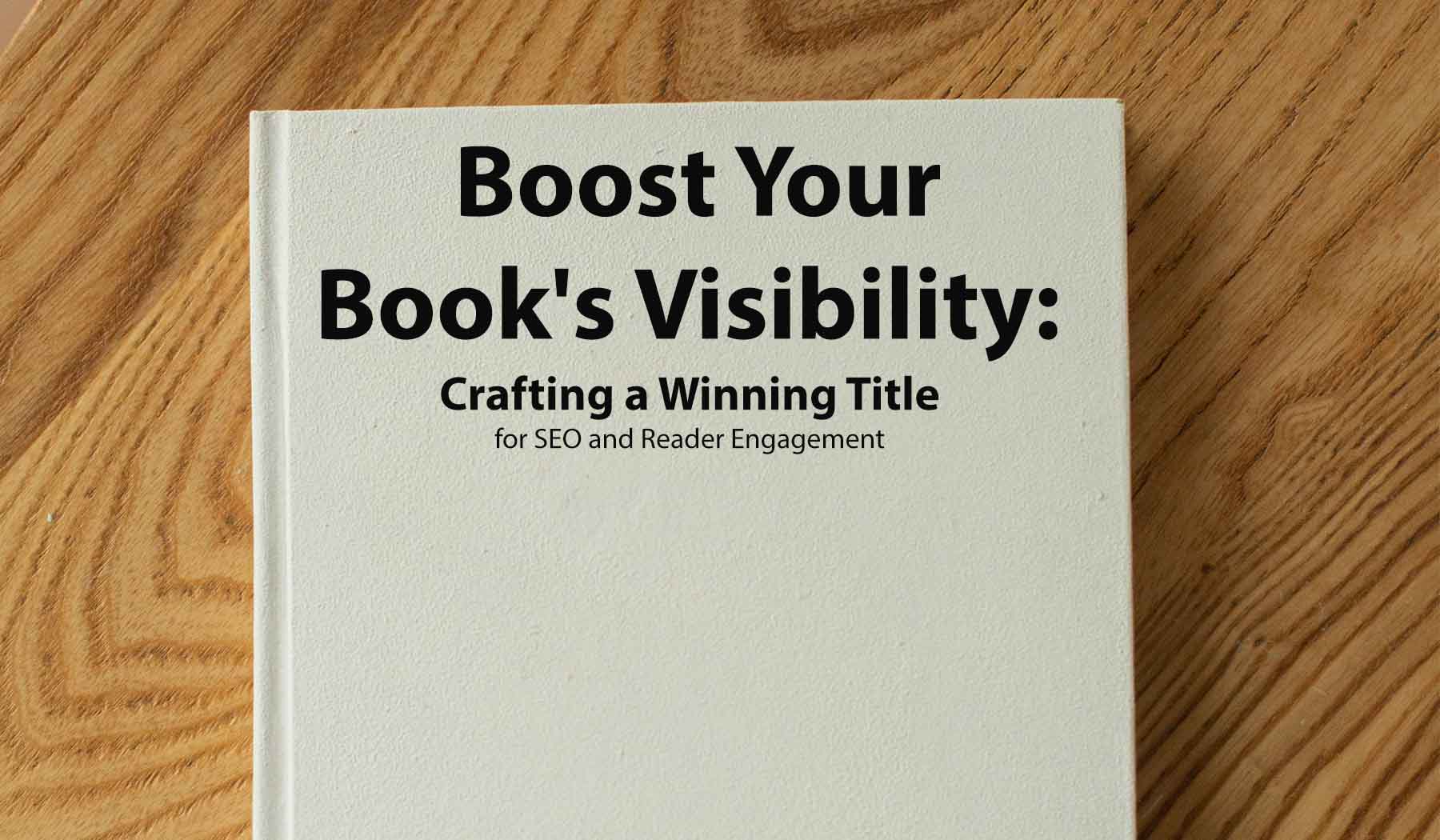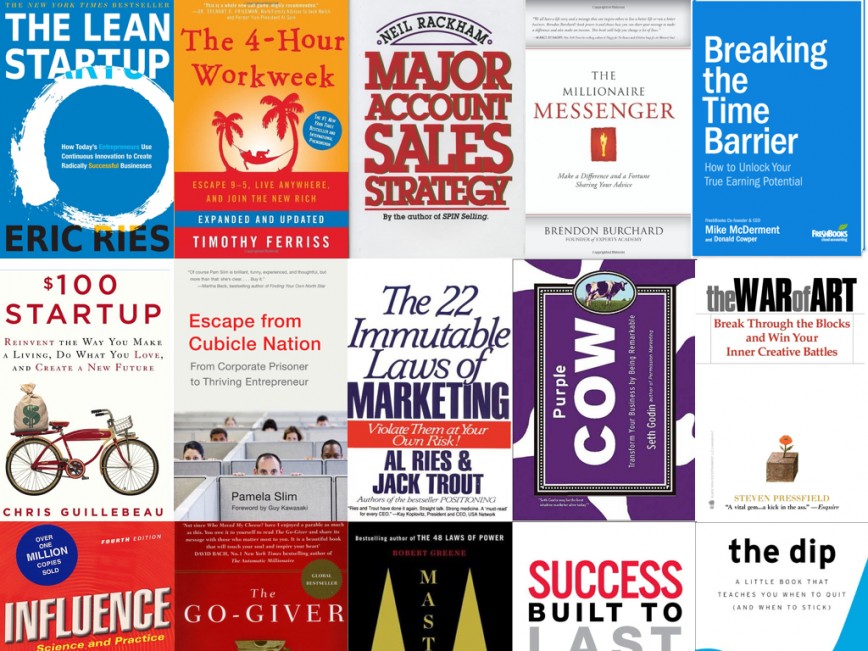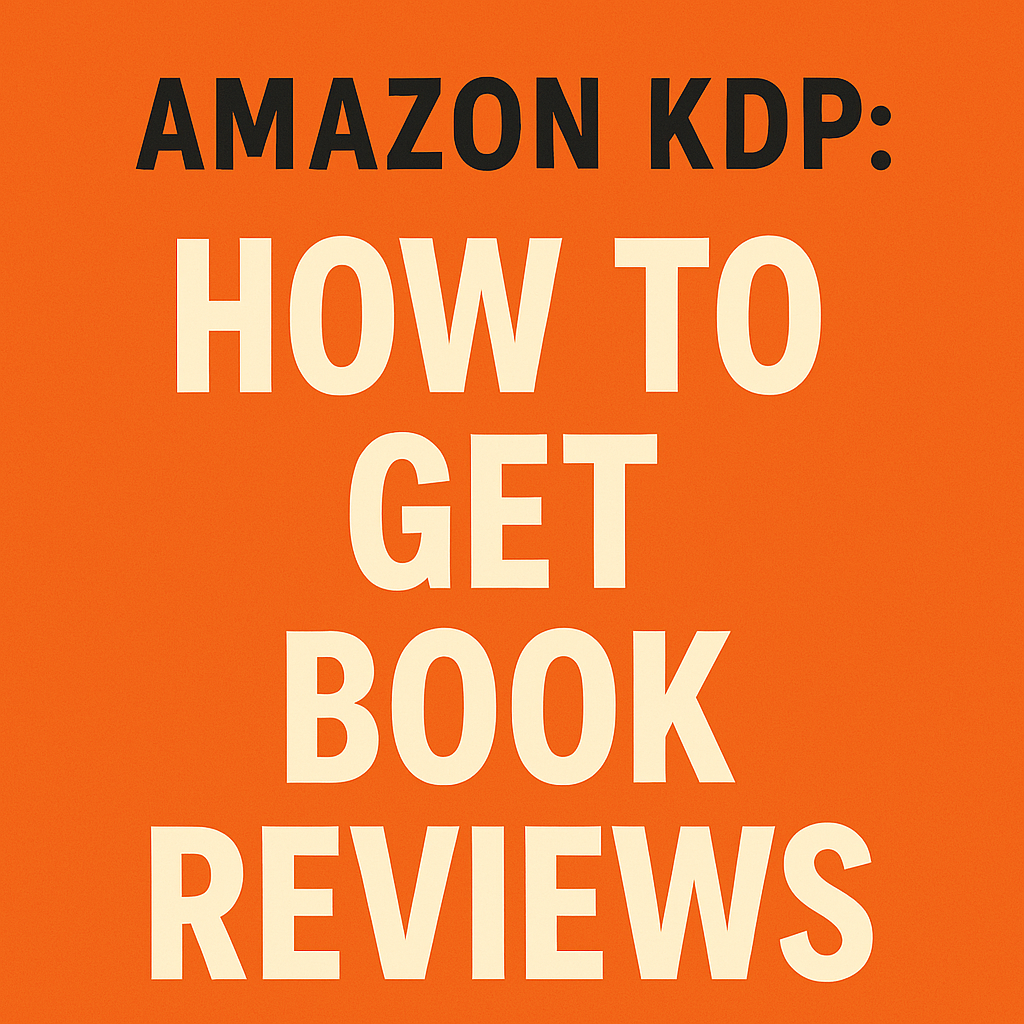When it comes to capturing the attention of readers and enticing them to pick up your book, there’s nothing more powerful than a compelling book title.
A well-crafted title has the ability to evoke curiosity, convey the essence of your story, and create a lasting impression.
Let’s explore the essential elements of creating a winning book title that not only grabs attention but also ranks high on search engines like Google.
1. Understand Your Target Audience
Before diving into the creative process of brainstorming book titles, it’s crucial to understand your target audience.
Knowing who your potential readers are will help you align your title with their interests, preferences, and expectations.
Consider the following points:
Demographics: Analyze the age group, gender, and other relevant demographics of your target readership.
Genre: Determine the genre of your book and research successful titles in that genre.
Keywords: Identify keywords or phrases that resonate with your target audience and are likely to be used during online searches.
2. Capture the Essence of Your Book
A winning book title should effectively convey the essence of your story, intriguing readers and giving them a glimpse into what lies within.
To achieve this, follow these tips:
Central Theme: Identify the central theme or core message of your book. Think about how you can encapsulate it in a concise and attention-grabbing way.
Emotion: Consider the emotions your book elicits and try to incorporate them into your title. Emotional resonance can be a powerful tool for attracting readers.
Unique Selling Point: Highlight any unique or distinctive elements of your book that set it apart from others in the same genre. Incorporate these elements into your title to make it stand out.
3. Keep It Concise and Memorable
In a world inundated with information, brevity is key.
A concise and memorable title will capture attention and stay in the minds of potential readers.
Consider the following suggestions:
Length: Keep your title between three to seven words, if possible. Shorter titles are more memorable and easier to share.
Clarity: Ensure your title is clear and easy to understand at a glance. Avoid jargon or overly complex language that might confuse or alienate readers.
Alliteration and Rhyme: Utilize the power of alliteration or rhyme to make your title more memorable and engaging. These techniques can create a rhythmic quality that resonates with readers.
4. Test and Iterate
Once you have brainstormed several potential book titles, it’s important to test them and gather feedback.
This will help you refine your choices and select the most effective title.
Follow these steps:
Focus Groups: Share your shortlisted titles with a group of trusted individuals who fit your target audience profile. Collect their opinions, insights, and preferences.
Online Surveys: Utilize online survey tools to gather feedback from a broader audience. Consider using platforms like Google Forms or SurveyMonkey to reach a diverse group of respondents.
A/B Testing: If you have a website or social media presence, consider running A/B tests with different title variations to gauge audience response and engagement.
5. Optimize for Search Engines
In the digital age, discoverability is crucial for the success of your book.
Optimizing your title for search engines like Google can significantly increase your online visibility. Consider these SEO-friendly strategies:
Keyword Research: Identify relevant keywords and phrases that align with your book’s genre, theme, and target audience. Tools like Google Keyword Planner can assist in this process.
Meta Tags: Incorporate your target keywords in the meta title and meta description of your book’s webpage or online listings. These meta tags provide valuable information to search engines and improve your ranking.
URL Structure: If you have control over the URL structure of your book’s webpage or landing page, include relevant keywords in the URL to enhance its visibility.
Headings and Subheadings: Use headings and subheadings that include your target keywords to organize the content on your book’s webpage. This helps search engines understand the relevance and context of your title.
Backlinks and Social Sharing: Encourage backlinks from reputable websites and promote social sharing of your book’s title. This increases its online visibility and improves its chances of ranking higher in search engine results.
Conclusion
Crafting a winning book title is an art that requires a deep understanding of your target audience, a clear representation of your book’s essence, and optimization for search engines.
By following the strategies outlined in this guide, you can create a title that captures attention, resonates with readers, and ranks high on Google.
Remember to iterate, test, and gather feedback to ensure you choose the most compelling and effective title for your book.
So go ahead, unleash your creativity, and craft a winning book title that leaves a lasting impression on readers.









